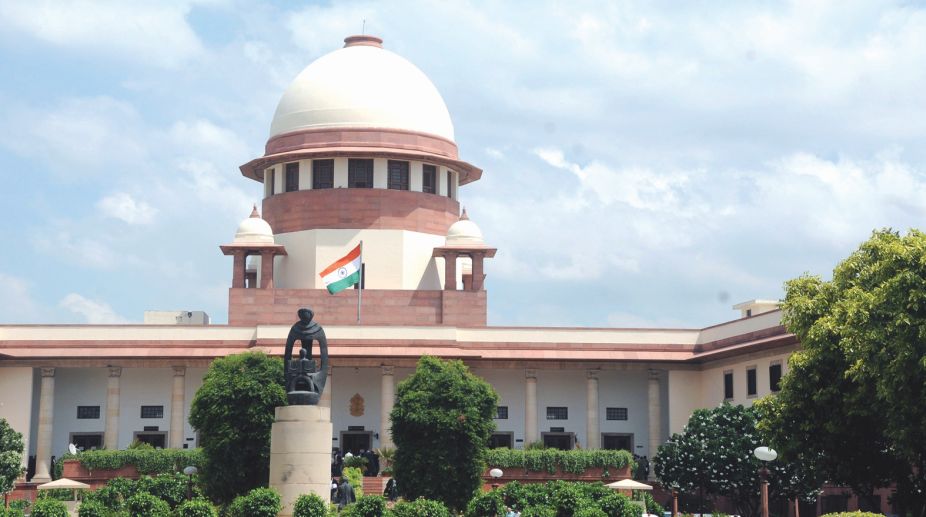The Supreme Court will hold further hearing on Centre’s review petition regarding its judgement on the SC/ST (Prevention of Atrocities) Act on May 3.
A bench headed by Justice Adarsh Kumar Goel said that it would hear the Centre’s plea after Attorney General K.K. Venugopal told the bench that in compliance of the court’s April 3 order all parties have submitted their written submissions.
The Apex Court had earlier ordered that arrest on a complaint under the SC/ST (Prevention of Atrocities) Act was not mandatory.
Last month, the Centre had moved the top court for the review of the judgement that generated a lot of protests including by the lawmakers, who felt that the Supreme Court verdict had diluted the provisions of the SC/ST (Prevention of Atrocities) Act meant to protect the people of Scheduled Castes and Scheduled Tribes.
Law Minister Ravi Shankar Prasad had claimed said the government “differs” with the reasoning given by the apex court judgement “virtually redoing the entire architecture of the Scheduled Castes and the Scheduled Tribes (Prevention of Atrocities) Act”.
The union government, in its review petition, said the verdict has “wide ramification and implication resulting in dilution of the stringent provisions of law enacted under the 1989 enactment.
The judgement, sought to be reviewed, was pronounced by a bench of Justice Goel and Justice Uday Umesh Lalit on March 20.
In the last hearing of the matter on April 3, the top court had refused to stay the operation of the judgement but made it clear that the compensation can be paid to victims of alleged atrocities under the Scheduled Castes and Scheduled Tribes (Prevention of Atrocities) Act, 1989, even without an FIR being registered.
The court had said in its April 3 hearing that all they have done is to read Article 21 of the Constitution — guaranteeing protection of life and personal liberty — in the SC/ST (Prevention of Atrocities) Act and that should happen with every statute.
(With inputs from agencies)











